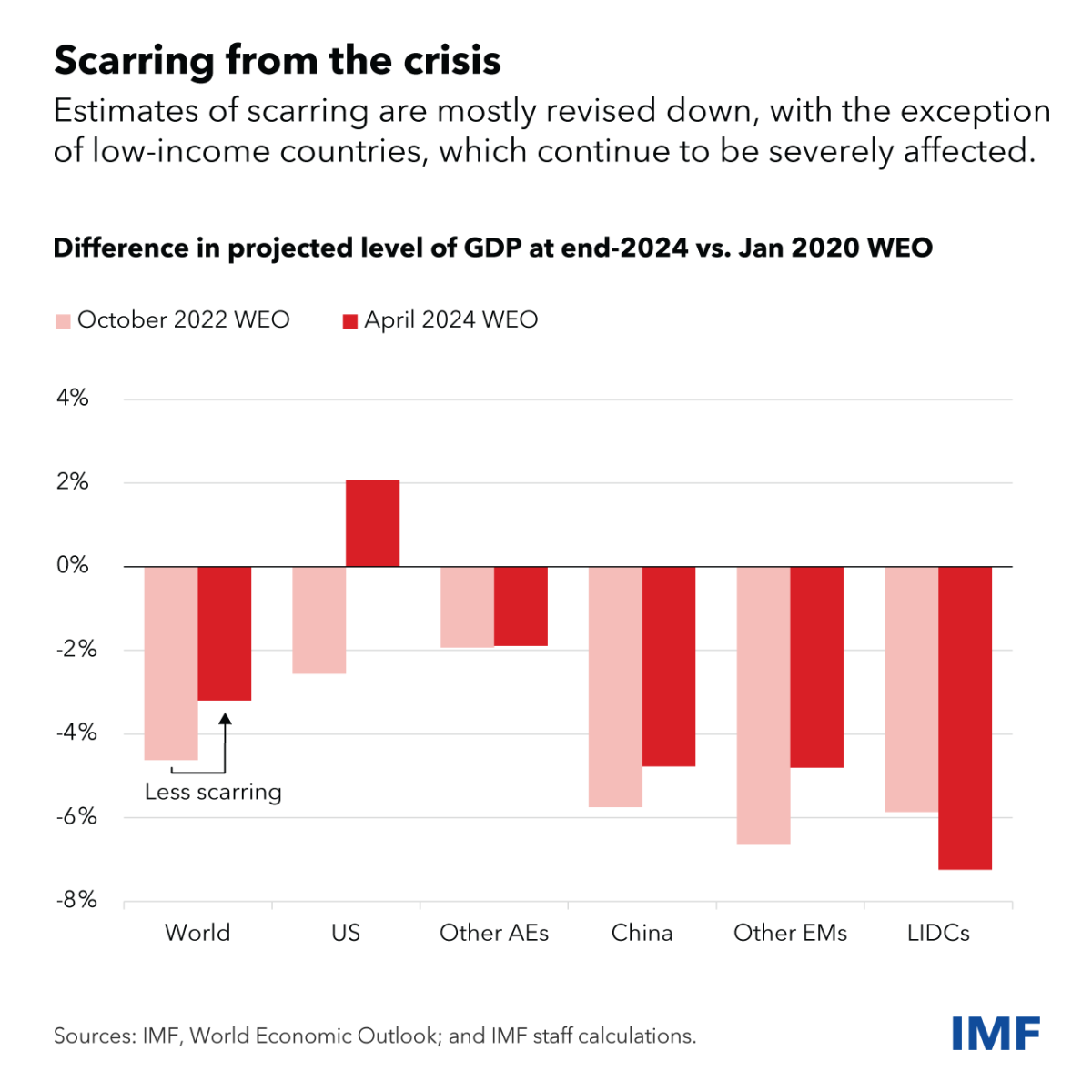Greg Beuke, an attorney and crypto enthusiast, took it to X, saying that the Ripple interlocutory appeal was a big mistake for the SEC. Beuke went on to say that Judge Torres’s ruling did not mean that sales over exchanges could not be investment contracts; hence the SEC misunderstood the filing. Meanwhile, a pro-XRP attorney, John E Deaton, mentioned that Beuke had done an excellent job in his outline.
SEC’s mistake in the interlocutory appeal
Explaining, Beuke pointed out that the SEC needed to successfully demonstrate that a reasonable retail investor would have believed they depended on Ripple’s endeavors for profits. The SEC’s argument rested on selectively chosen statements from Ripple and specific employees but failed to prove its scope substantially. Furthermore, the SEC did not present evidence of even a single XRP holder who claimed to rely on Ripple to increase XRP’s value. Despite attempting to utilize expert testimony, this evidence was dismissed.
The SEC also did not attempt to counter Deaton’s affidavits from the XRP community, but still, it was a miss. Ordinarily, when a party appeals to a final decision, they can interpret it in a way that suits their interests, and the issuing court doesn’t get an opportunity to elucidate or clarify. An essential concept for individuals without legal expertise, but not always in the forefront of their minds, is the general rule that no fresh evidence or novel legal arguments are admissible during an appeal. The existing record constrains the SEC and will have minimal evidence to reference on appeal regarding reasonable retail buyers, Beuke said.
In essence, this implies that when the case eventually reaches the 2nd Circuit for appeal, the 2nd Circuit might even lean towards concurring with the SEC’s foundational case theory, Beuke continued. However, it will be unmistakably clear that Judge Torres’ decision was grounded in the undisputed factual account, which highlights a conspicuous absence of evidence from the SEC concerning the perceptions of the retail investors it was mandated to consider but consistently downplayed and found itself at odds with throughout the legal process.
Beuke concluded that as the plaintiff, the SEC is at a disadvantage in a draw. It must prove that it was more probable than not that a rational retail purchaser of XRP was conscious of Ripple’s role and depended on Ripple’s efforts for profits; otherwise, it would fail. The SEC’s response to Deaton’s affidavits, presented by XRP holders to counter this, is non-existent.
Ripple CTO clarifies on SEC appeal
In a recent update on X, David Schwartz, the Chief Technology Officer of Ripple Labs, has highlighted that the SEC is pursuing an appeal at this juncture due to its interpretation that the legal case has yet to conclude. This interpretation grants the parties involved the opportunity to appeal after the case has been finalized. This procedural approach aims to streamline the legal process and prevent continuous disruptions to the main case caused by multiple appeals on minor decisions.
In the aftermath of Judge Analisa Torres’ ruling on July 13, which determined that XRP is not considered a security when traded on digital asset exchanges, the SEC has taken steps to file an appeal. Despite being prompted by the favorable outcome for Ripple, the SEC’s decision to appeal revolves around an unforeseen development within the legal proceedings.
Nevertheless, the executive provided clarification on a rule about exceptional circumstances. The SEC contends that the distinct nature of this situation justifies an alternative approach. It proposes halting the proceedings until the appeal is resolved, a proposition that Ripple does not concur with.
Ripple maintains that despite the SEC’s ability to appeal, the primary legal case should advance concurrently with the appeal process. That aligns with allowing the trial to progress and reserving a thorough examination of appeals when all other matters have been addressed.
Schwartz offered additional details in response to speculations within the Bitcoin community regarding potential discussions of the SEC’s intention to appeal Judge Torres’ ruling to higher judicial instances. The resolution of the legal dispute between Ripple Labs and the SEC could be impacted by the court’s decision regarding the acceptance of the appeal petition.





